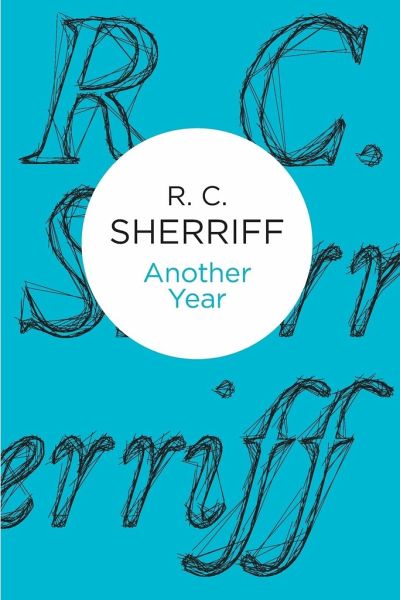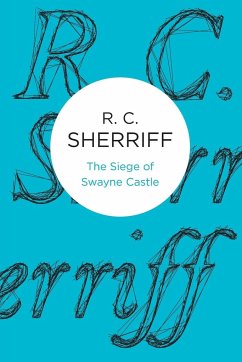
Another Year

PAYBACK Punkte
13 °P sammeln!
Roger Matthews is the Vicar of picturesque village, Little Stanton. He happily tends to his friendly flock and is almost ready to retire but his spirit is restless . . . Roger is pulled towards the slums of London, determined to help the poor and depraved, and arrives in fog-drenched Woodbank. But the people are as unfriendly as the weather, greeting him with slammed doors and suspicious eyes. After months of being ignored, a chance drunken encounter and an abandoned Boat House finally offer hope.













